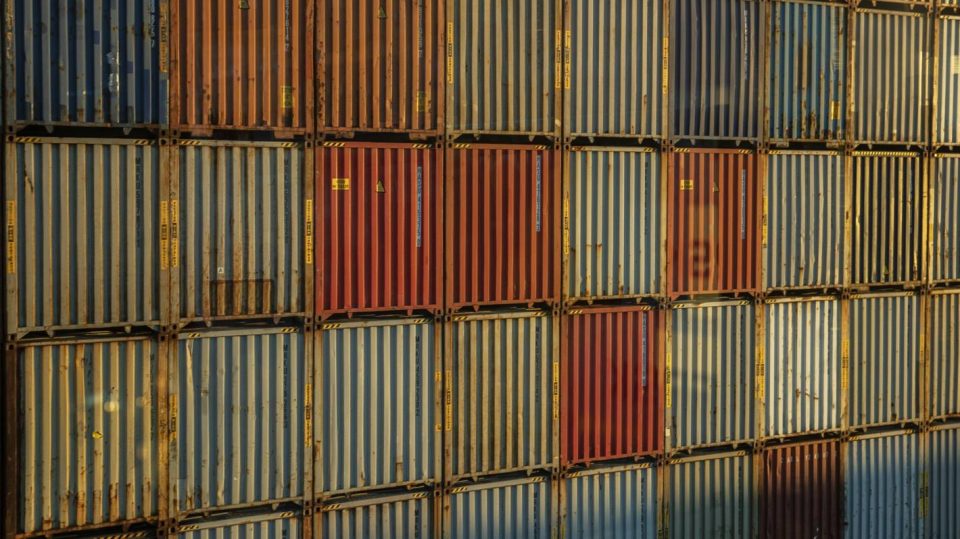Christel Yardley/Stuff
The cartel agreements were reached before the pandemic and occurred over a number of years, the Commerce Commission says.
Penalties totalling more than $9.7 million have been handed down to freight forwarding companies, Mondiale Freight Services and Oceanbridge Shipping, and four associated individuals, for engaging in cartel agreements over a number of years, the Commerce Commission says.
In December the Commerce Commission filed civil proceedings in the High Court against the companies and individuals, alleging that they each breached the Commerce Act by agreeing with other freight forwarders not to compete for customers.
Mondiale and Oceanbridge were in separate cartels and did not enter into cartel agreements with each other, the Commerce Commission said.
The cartel agreements were reached prior to the Covid-19 pandemic, it said.
READ MORE:
* Allegations of price fixing and cartel behaviour against major freight forwarders Mondiale and Oceanbridge
The commission agreed settlements to resolve the separate proceedings with each of the defendants.
The High Court imposed penalties of $4.9m on Mondiale and $4.6m on Oceanbridge.
The four individuals associated with the companies received penalties ranging from $65,000 to $100,000, the commission said.
Commission chair Anna Rawlings said cartel conduct harmed customers by preventing businesses from competing to provide better quality services at better prices.
It also harmed businesses trying to compete fairly.
“These cartel arrangements had the effect of removing competition, making it possible that customers were charged more by counterparties for retail freight forwarding services than they would have been if Oceanbridge and Mondiale had actively competed for those customers,” Rawlings said.
Mondiale is the largest privately owned freight forwarding company in New Zealand, and merged with Australian firm Visa Global logistics last year to form Mondiale VGL.
The merger made Mondiale VGL one of the top 30 freight forwarders in the world with an estimated annual turnover of $1.3 billion
Oceanbridge Shipping was founded in the 1980s, and describes itself as one of the “leading consolidators of cargo to and from New Zealand”.
Rawlings said the High Court acknowledged that the cartel conduct arose from practical concerns held by Mondiale and Oceanbridge regarding providing wholesale freight forwarding services to other freight forwarders while also being their competitors.
However, the court found that the cartel conduct was a serious breach of the Commerce Act, engaged in and endorsed by persons at the highest levels of both companies, and occurred over a number of years, she said.
“The liability attaching to these cartel arrangements demonstrates the risks that can arise when businesses who supply their competitors aren’t careful to manage those relationships in a lawful way.”
Mondiale chief executive Ray Meade said it accepted the penalties imposed by the High Court.
“We understand the need to meet all our obligations under the Commerce Act, and we are sorry this did not happen in this case,” Meade said.
The conduct stopped immediately in 2018 when Mondiale was informed of the potential issue, he said.
It moved quickly to review and strengthen compliance practices across its operations, he said.
The company entered into a settlement with the commission as soon as it could to resolve the matter, he said.
“We have a focus on compliance and an ongoing extensive programme of competition law training to ensure we are all aware of our obligations and fully comply with all requirements right across our organisation.”
Rawlings said individuals involved in cartel conduct could be liable for imprisonment of up to seven years.
Businesses or individuals wishing to report cartel conduct should contact the commission, she said.
The commission can grant leniency to the first member of a cartel who approaches it, provided they meet the requirements for leniency.
Immunity against criminal sanctions is also available in appropriate cases.
Businesses and individuals can also use the commission’s anonymous whistleblower tool.


